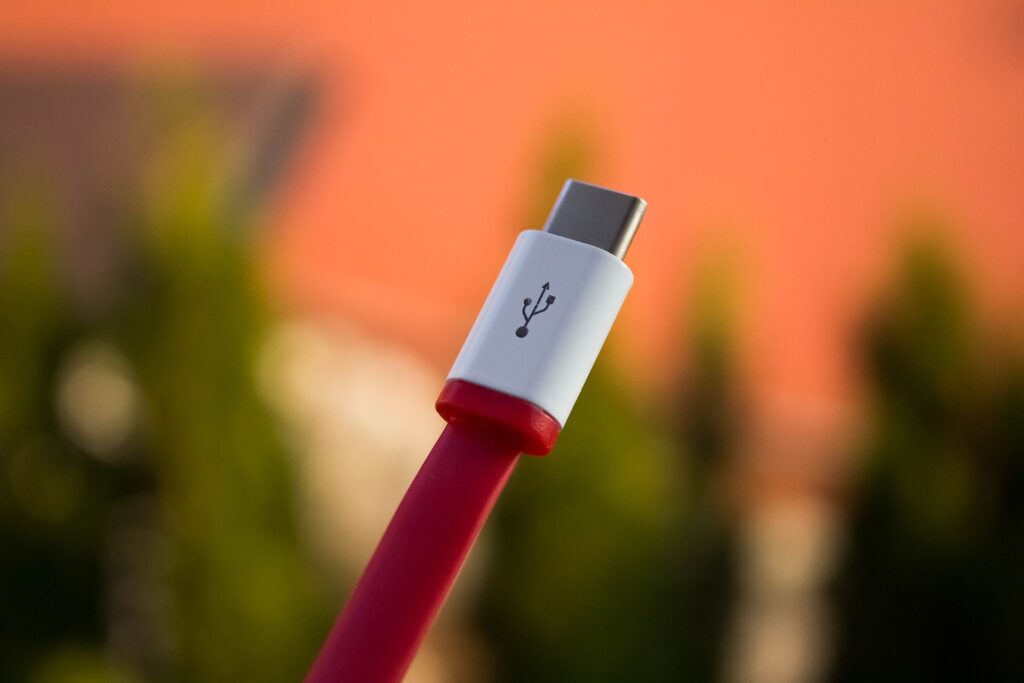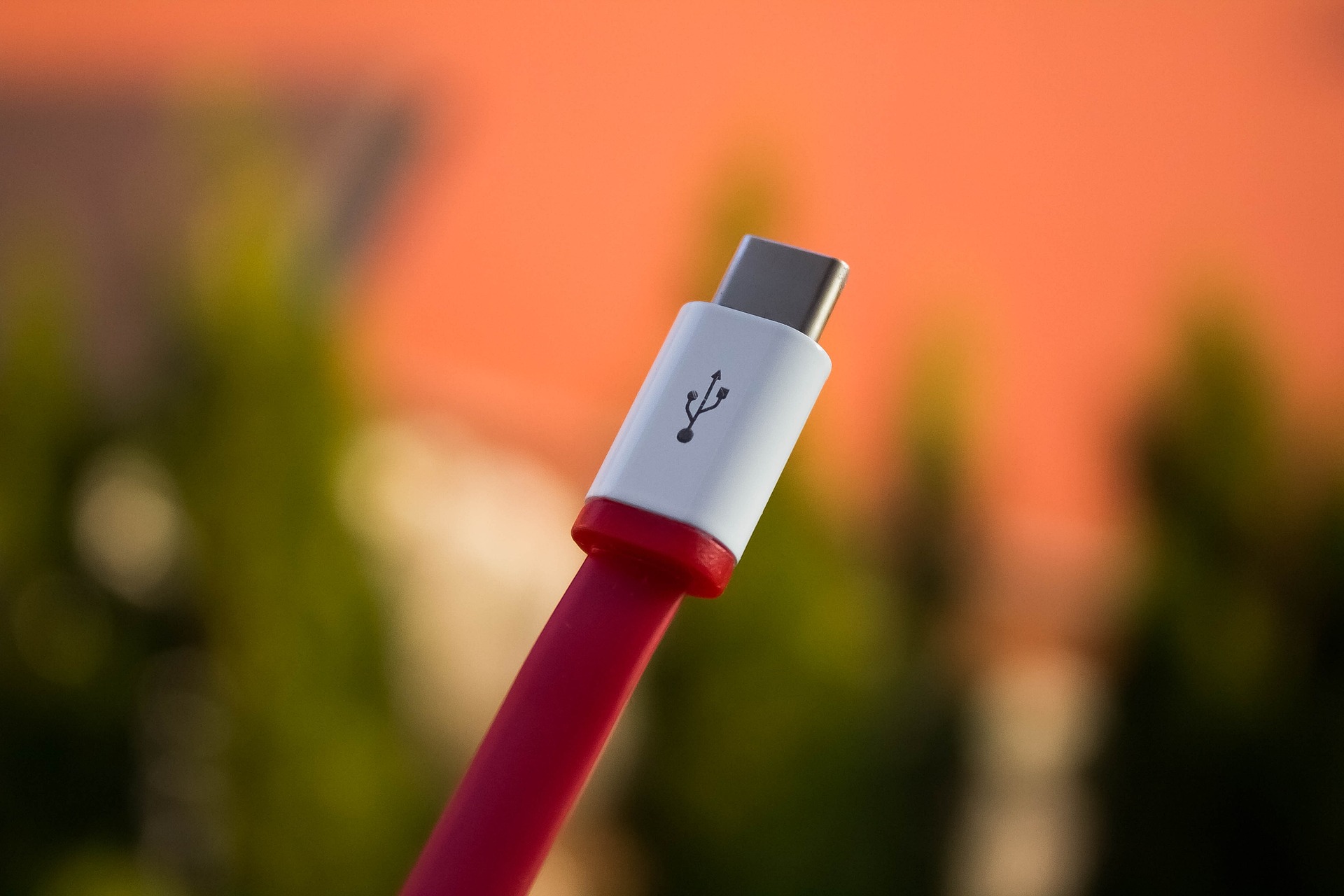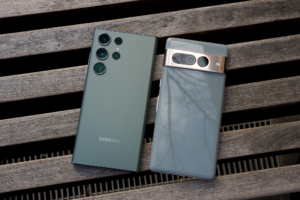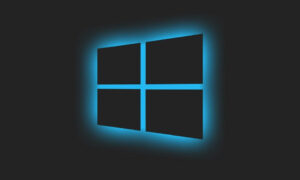In our increasingly connected world, our smartphones have become indispensable tools in our daily lives. Whether it’s for staying in touch with loved ones, accessing vital information, or keeping up with the latest news and trends, we rely on our smartphones more than ever. However, a dead battery can bring our digital lives to a screeching halt. To keep your phone charged and ready to go, you need the right charging cable. In this comprehensive guide, we’ll explore the best charging cable options for various types of phones.
What Makes a Good Charging Cable?
Before we dive into specific recommendations for different phone types, let’s understand the key factors that determine the quality of a charging cable:
1. Cable Length
The length of your charging cable can significantly affect its convenience. Short cables are ideal for portability, while longer cables offer more flexibility. Consider where you’ll be charging your phone most often and choose a cable length that suits your needs.
2. Cable Durability
A durable cable is essential to ensure a long-lasting charging solution. Look for cables with reinforced connectors and high-quality materials to avoid fraying or breakage.
3. Compatibility
Not all charging cables are created equal, and not all are universally compatible. Make sure to choose a cable that is compatible with your specific phone model and charging port.
4. Charging Speed
Different cables support varying charging speeds. For fast-charging capabilities, you may need a cable that supports quick charging standards like USB-C Power Delivery (PD) or Qualcomm Quick Charge.
Now, let’s explore the best charging cable options for different types of phones.
iPhone Charging Cables
Apple iPhones use proprietary connectors, and there are two primary types of charging cables for iPhones:
1. Lightning Cable
Compatibility: iPhones (from iPhone 5 onwards) Charging Speed: Standard Pros: Apple-certified, widely available, durable Cons: Not compatible with non-Apple devices
The Lightning cable is the official charging cable for Apple products. It is readily available in various lengths and is built to last. However, it is not compatible with non-Apple devices, making it less versatile.
2. USB-C to Lightning Cable
Compatibility: iPhones (from iPhone 8 onwards) Charging Speed: Fast (with compatible chargers) Pros: Faster charging, compatible with some Android devices Cons: Typically shorter than USB-A to Lightning cables
If you want faster charging for your iPhone, consider using a USB-C to Lightning cable. It can provide fast-charging capabilities with compatible chargers and is also compatible with certain Android devices.
Android Charging Cables
Android devices come with various charging cable options, but the two most common types are:
1. USB-A to Micro USB Cable
Compatibility: Many Android devices (except some newer models) Charging Speed: Standard Pros: Widely compatible, affordable Cons: Slow charging for newer devices
The USB-A to Micro USB cable is a standard choice for many Android smartphones, but it offers slower charging speeds compared to newer options.
2. USB-C Cable
Compatibility: Most modern Android devices Charging Speed: Fast (with compatible chargers) Pros: Faster charging, reversible connector Cons: Not compatible with older devices
The USB-C cable has become the new industry standard for Android devices. It offers faster charging and a reversible connector for easy insertion.
Other Charging Cable Types
1. Wireless Charging
Compatibility: Devices with wireless charging capabilities Charging Speed: Standard to fast Pros: No cables to plug in, convenient Cons: Slower than wired charging, requires a wireless charging pad
Wireless charging has gained popularity in recent years. While it offers the convenience of simply placing your phone on a charging pad, it may not be as fast as wired charging.
2. Magnetic Charging Cables
Compatibility: Various devices with magnetic connectors Charging Speed: Standard Pros: Easy to connect, prevents wear and tear on ports Cons: Limited compatibility, proprietary
Some devices, like certain Android smartphones and the Apple Watch, use magnetic charging cables. These cables are easy to connect and help prevent wear and tear on charging ports.
Choosing the Right Charging Cable
When selecting the best charging cable for your phone, consider the following:
-
- Device Compatibility: Ensure that the cable is compatible with your specific phone model and charging port.
-
- Charging Speed: If fast charging is essential to you, opt for cables that support quick charging standards.
-
- Cable Length: Choose a cable length that suits your charging needs, whether it’s for travel, home, or office use.
-
- Durability: Invest in a high-quality cable with reinforced connectors and durable materials to prevent frequent replacements.
-
- Price: While quality is essential, you don’t need to break the bank for a good charging cable. Look for reputable brands that offer a balance between affordability and quality.
In conclusion, the right charging cable for your phone can make a significant difference in your daily life. It’s essential to consider compatibility, charging speed, durability, and other factors when making your choice. With the right charging cable, you can keep your phone charged and ready to use whenever you need it, ensuring that you’re always connected to the digital world.
By following these guidelines and considering the specific needs of your phone, you can select the perfect charging cable to keep your device powered up and ready for whatever comes your way.





